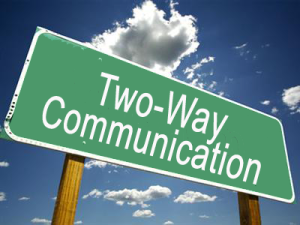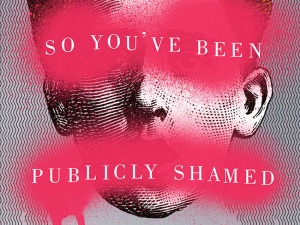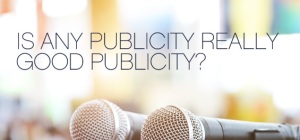
It’s been a while since my last blog post. I won’t lie, graduate school has been harder than I ever imagined. I am currently doing a Master of Arts condensed into one year (typical length = two years). Since I managed to find time today to post an update, I want to talk about how to manage time while still maintaining who you are.
I feel like with post-secondary education, particularly at a graduate or post-graduate level, there’s an illusion that you can have fun or do well in school, but not both. I pride myself on my excellent time management skills while continuing to live my life the way I enjoy. Time management isn’t developed overnight. If you’re a natural procrastinator, it’s even harder. The tendency is to play first, work later, and that usually ends in disaster. My secret is to try and alternate play and work so that one never overwhelms the other. Here are a few more tips to manage your time as a student or a professional:
- Make a to-do list: I can’t emphasize this enough. I will always forget something important without it.
- Prioritize: If I’m falling behind, it’s easy to feel overwhelmed when I think of everything that needs to be done. Creating a list, and ordering tasks with what needs to be completed first, is paramount to my sanity.
- Set deadlines: And stick to them. This is especially important for procrastinators. I set milestones: complete my research in five days, write my introduction the day after that, section one the day after that. Suddenly, I have a completed paper.
- Stop multi-tasking: This may seem like an efficient way to get things done, but it’s stressful. If I’m juggling a bunch of things at once, I’m not actually finishing anything so I still feel overwhelmed and like nothing is being accomplished.
- Reward yourself: This is important to staying sane and my alternating play and work routine. Set a deadline to have a chapter read or a task done before 3pm, then go out for dinner with friends at 5pm as a reward.
At the end of the day, what works for me won’t work for everyone. The most important thing I can say to someone struggling to balance tasks is not to be too hard on yourself, and to tell yourself you’re going to accomplish impossible tasks is more harmful than helpful.
Alex


 veral years-old
veral years-old  to have their voices heard, and if a company isn’t part of that conversation, they will talk anyway and say whatever they want. PR is great for taking control of those otherwise-unmonitored conversations and, usually, turning them into a positive for the company. There are always
to have their voices heard, and if a company isn’t part of that conversation, they will talk anyway and say whatever they want. PR is great for taking control of those otherwise-unmonitored conversations and, usually, turning them into a positive for the company. There are always  of online media. He does an excellent job of raising the issue of the social mob – something that has a lasting impact (tangible or psychological) on its victims. For the book, Ronson met with high-profile individuals who had been publicly shamed, including PR pro Justine Sacco (forget her story? Reminder
of online media. He does an excellent job of raising the issue of the social mob – something that has a lasting impact (tangible or psychological) on its victims. For the book, Ronson met with high-profile individuals who had been publicly shamed, including PR pro Justine Sacco (forget her story? Reminder 
 n issues, social media erupted with many opinions. Palmer is in the middle of a full-blown reputation crisis – his Yelp page now has over 2,000 one-star reviews, and he has been forced to close his (dentist) practice. Most crisis communications specialists are staying away from Palmer with a 1,000 ft pole.
n issues, social media erupted with many opinions. Palmer is in the middle of a full-blown reputation crisis – his Yelp page now has over 2,000 one-star reviews, and he has been forced to close his (dentist) practice. Most crisis communications specialists are staying away from Palmer with a 1,000 ft pole.